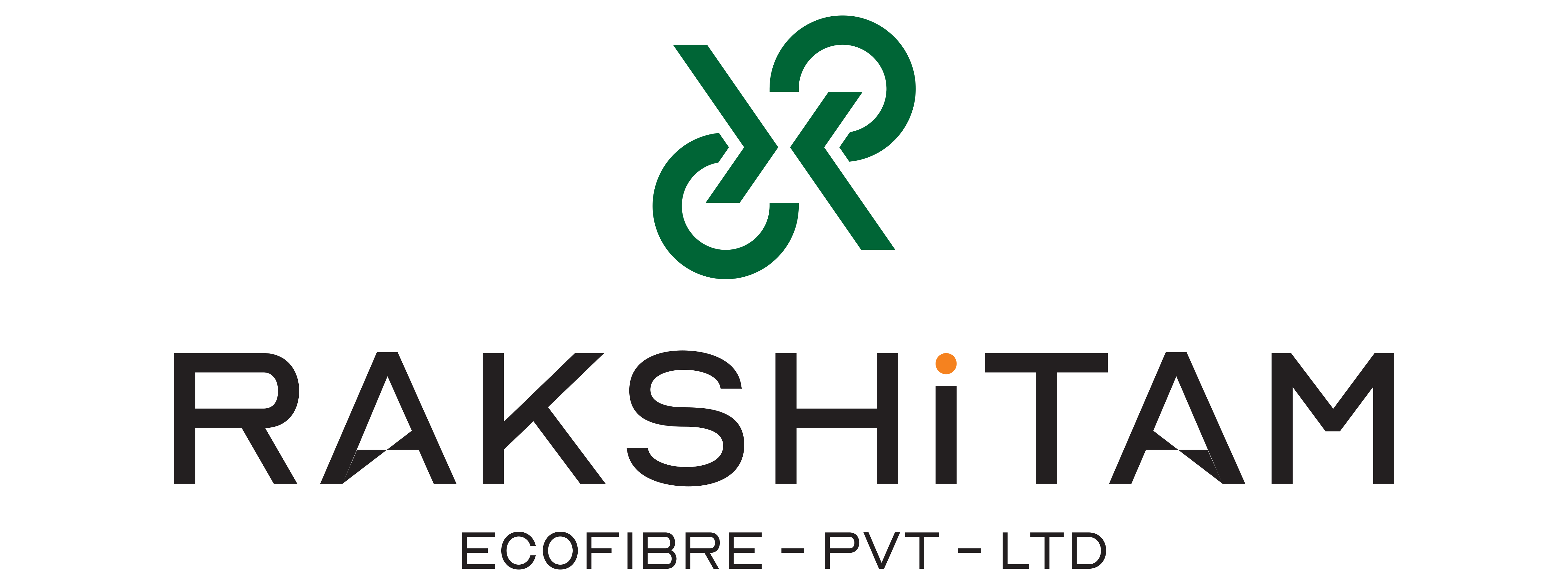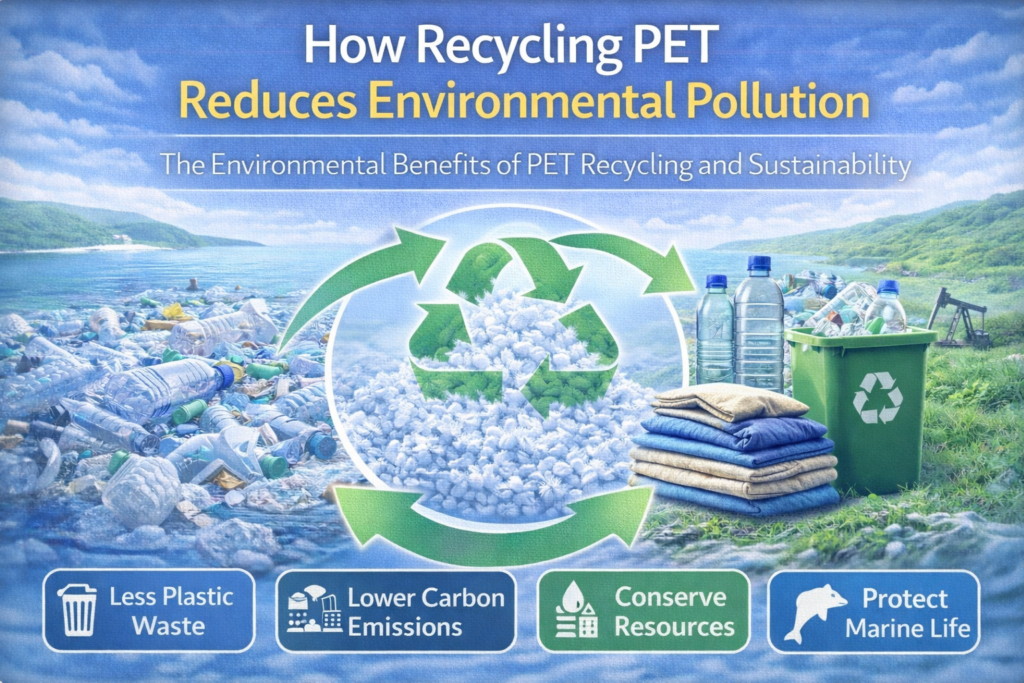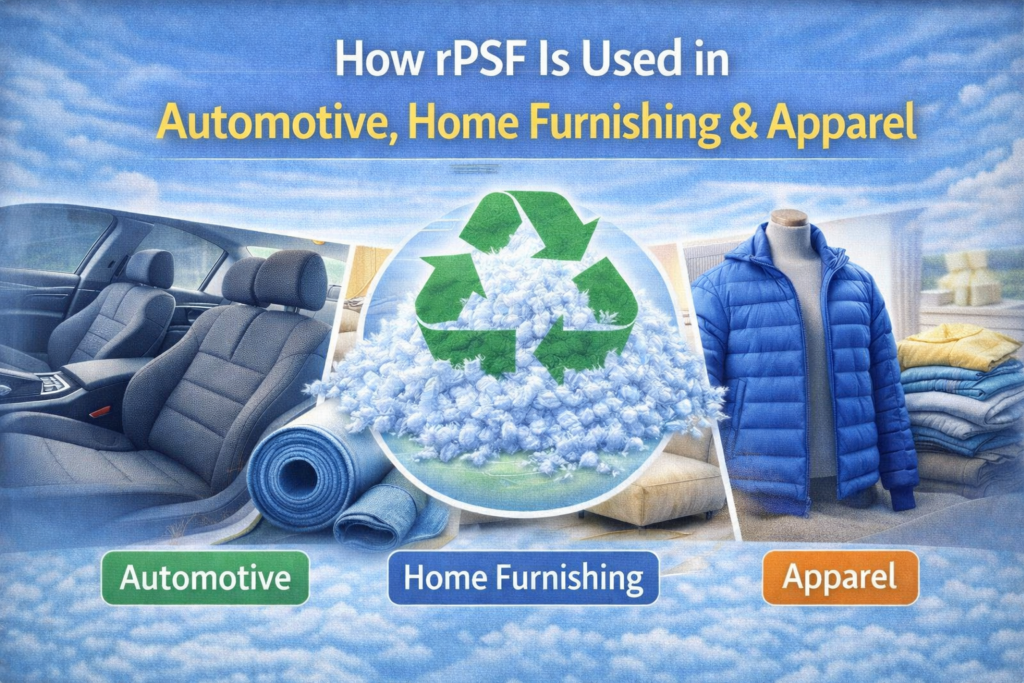The shift in business sustainability paradigms globally has renewed consideration for the adoption of environmentally sustainable materials in the textile industry. Indian manufacturers of recycled fibers are engaging in promoting the conversion of textile waste into grade high-grade fibers which can be utilized in manufacturing garments, upholstery, industrial fabrics among others. By these actions, these manufacturers help mitigate landfill waste and also enable circular economies, which positions India as a global leader in sustainability.
What are the components of recycled fibers?
Recycled fibers are produced from used garments, PET bottles, and fabric remnants which are classified as post-consumer and post-industrial waste. These products can be altered to create fibres which are capable of being spun into yarns and used in the production of new textile goods. Types of these products are as follows:
- Recycled polyester (rPET)
- Recycled cotton
- Recycled nylon
- Recycled wool
Adopting these fibres optimizes the reduction of reliance on virgin resources, significantly lowers carbon emission, and minimizes the negative impact on the environment.
Why India Is Coming Up as a Leader in Fiber Recycling Manufacturing
India possesses a longstanding legacy in textiles, backed by modern technology and an increasing number of eco-friendly certified factories. Some Indian manufacturers have acquired GRS and OEKO-TEX certifications, which ensure quality, traceability, and environmental safety.
- The primary contributing factors are.
- Plentiful raw materials (waste textiles, PET bottles, etc.)
- Affordable production costs
- Availability of a trained workforce
Support from the government for sustainability policies related to manufacturing
The Role of Recycled Fibres in Circular Economy
The circular economy is a system of economic practice that focuses on the innovative benefits of products being designed, produced, and consumed with mindful resource efficiency. It is also one of the most impactful advantages of adopting recycled fibres. In comparison to traditional linear models which focus on resource extraction and waste disposal, circular economy aims for perpetual resource recycling.
Recycled fibres impact this model in the following ways:
1. Waste Reduction
Manufacturers mitigate tons of waste from landfills and oceans by recycling plastic bottles, discarded garments, and industrial fabrics into usable fibres.
2. Lower Carbon Emissions
Opting for recycled fibres also leads to a reduction in greenhouse gas emission. Carbon footprint is further reduced as less generators are consuming water and energy while extracting recycled fibres.
3. Resource Conservation
The production of petroleum, pesticides, and water (for polyester, cotton, and virgin products respectively) is reduced. This helps conserve abundant natural resources.
4. Enables Green Branding Adoption
There is increased competition to achieve eco-labels and responsible sourcing. Brands stand to benefit from obtaining GRS (Global Recycle Standard), OEKO-TEX and ISO certifications with the application of recycled fibers boosting brand image and consumer loyalty.
5. Economic Outlooks
With the rise in textile recycling, there are now more business and job opportunities due to the fresh prospects in sorting, processing, and manufacturing.With its well-established textile sector, India is in a good position to capitalize.
Uses of Recycled Fibres
Recycled fibres are used in numerous sectors such as:
- Fashion and clothing
- Home textiles: curtains, bedsheets, and upholstery
- Automotive: car seat covers and insulation
- Nonwoven fabrics like geotextiles and medical masks
- Industrial textiles
Recycled fibres support brands in achieving their goals for sustainability as well as the interest of ecological-minded consumers.
Also Read: Are rPET Flakes the Future of Plastic Manufacturing? Sustainable Solutions for 2025 and Beyond
Final Thoughts
The world’s leading employers of recycled fibre in India are slowly paving the way in the movement towards building a sustainable and green textile future. India’s recycled fibre manufacturers are seamlessly paving a path towards transitioning from linear to circular textile production through novel advancements, international certifications, and a robust export market.
Working with India’s top manufacturers of recycled fibres guarantees positive social and environmental impacts, making it ideal for fashion brands, fabric distributors, or entrepreneurs focused on sustainable development.







